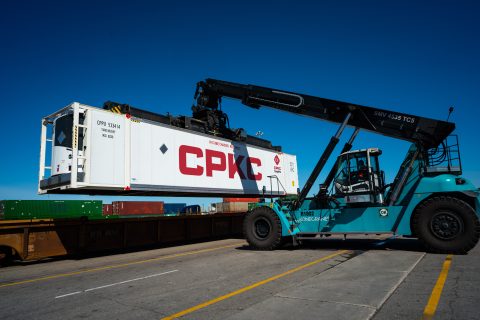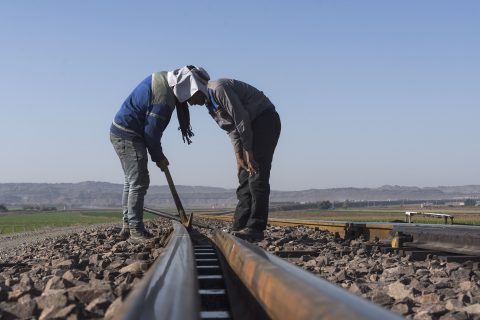Persian Gulf-Black Sea corridor: why does Iran need a new gateway?

Iran is negotiating with Georgia, Armenia, Azerbaijan, Bulgaria, and Greece to launch a new multimodal corridor. The Persian Gulf-Black Sea project will connect the two regions using rail and sea links. It is an ambitious project given the complications in the countries involved. Still, why does Iran want it?
Do you want to read the full article?
Thank you for visiting RailFreight.com. Become a member of RailFreight Premium and get full access to all our premium content.
Are you already a member?
Having problems logging in? Call +31(0)10 280 1000 or send an email to customerdesk@promedia.nl.




